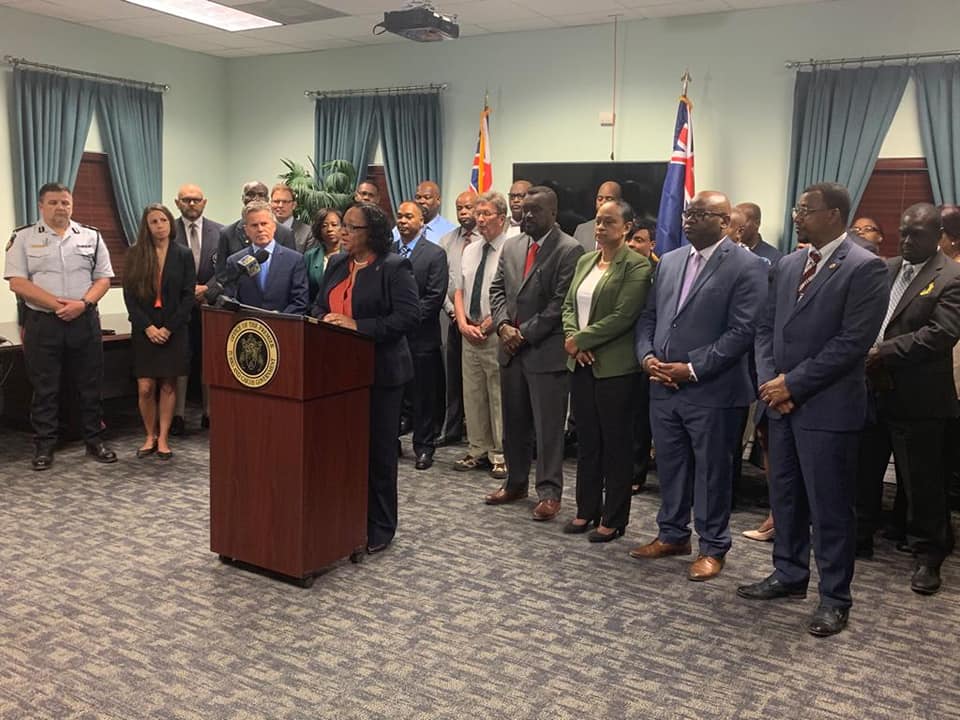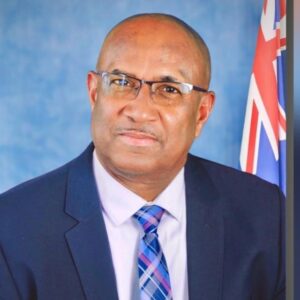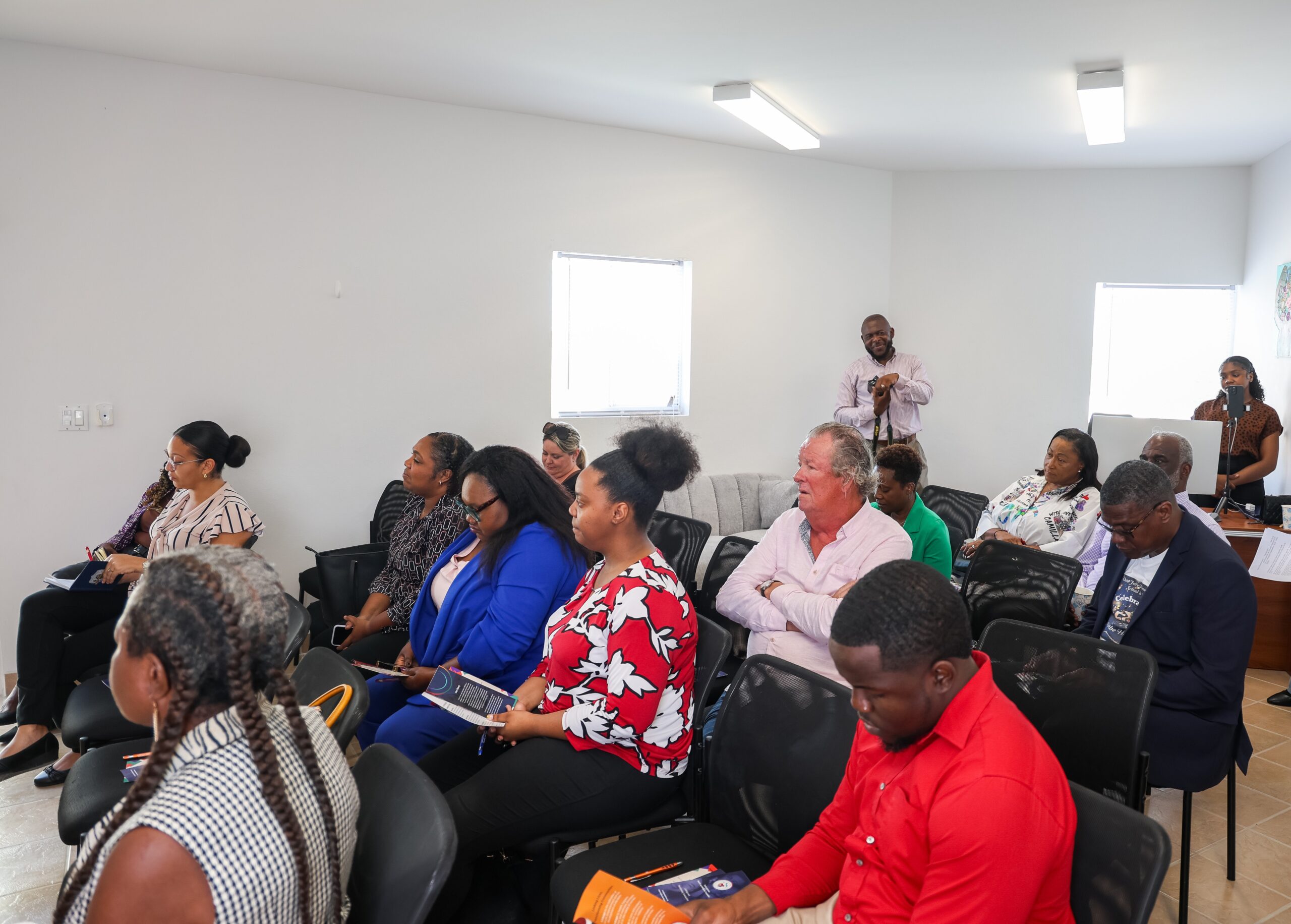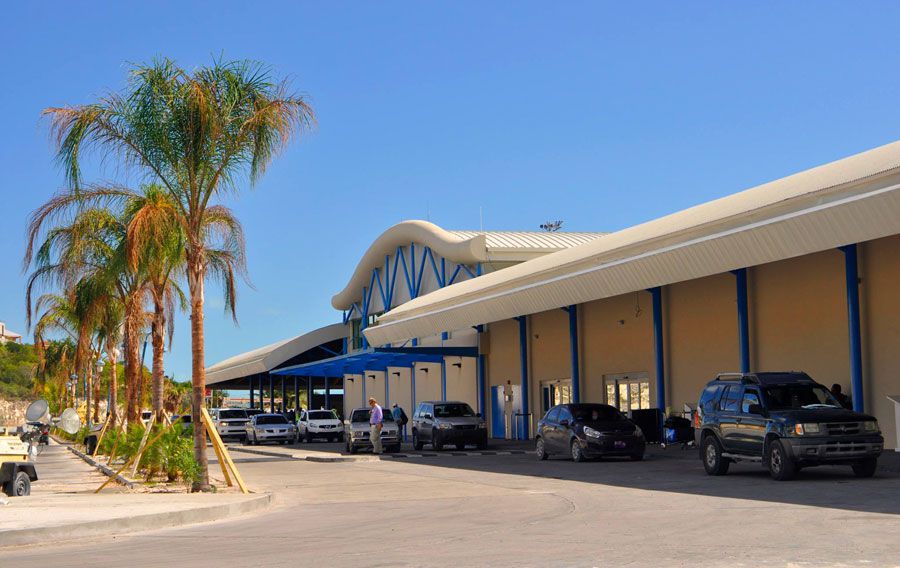As airport congestion tightens its grip globally, Turks and Caicos Islands (TCI) grapple with their own aerial gridlock. When demand surpasses capacity, chaos ensues, leaving planes idling on runways and travelers stranded. Simply diverting or delaying flights won’t cut it; we need innovative solutions.
With a single airstrip on the main island and airport redevelopment a distant dream, our options are limited. Priority must be established: should private jets or commercial flights take precedence? Given tourism’s critical role in the islands, favoring commercial flights seems logical, yet private jets vie for attention.
With that being said, there is one proposal that stands out: Perhaps, North Caicos airport could be designated as a temporary solution for private jets. This would alleviate airspace congestion, with passengers easily ferried to Providenciales and other inhabited cays. In addition, it could open the door for a potential increase in private boat charter opportunities.
Albeit, airspace isn’t our sole concern; we owe stranded travelers relief, especially during summer’s peak season which is upon us.
Procuring tents which the government have proposed, other immediate fixes should be to complete the makeshift walkway on Providenciales airport tarmac. The long-term solutions demand a nuanced approach.
Could demand management, like increasing night flights, alleviate congestion without compromising safety?
Evidence-based intervention is key. A hiccup in US flights can cascade into chaos for TCI. With one airstrip and mounting flights, meeting demand is daunting. Failure to act imperils our status as a Caribbean hotspot and risks plummeting customer satisfaction.
As policymakers mull over solutions, one thing is clear: status quo isn’t an option. TCI’s future as a tourist haven hinges on our ability to navigate this airspace conundrum with innovation and foresight.
Beyond the immediate crisis lies a complex web of challenges. Anticipating the concerns of all stakeholders is crucial. Skeptics may question the feasibility of designating North Caicos airport for private jets. Will ferry services cope with increased demand? What about environmental impact? These are valid concerns that require thorough consideration.
Furthermore, we must address the broader implications of airport congestion. It’s not just about inconvenience; it’s about economic repercussions and environmental sustainability.
Delays will disrupt supply chains, hinder business travel, and deter investment. Moreover, increased air traffic contributes to carbon emissions and noise pollution, threatening our delicate ecosystems and quality of life.
To truly tackle this issue, we need a holistic approach that balances short-term fixes with long-term vision. Night flights may offer temporary relief, but they’re not a panacea. We must explore innovative technologies and operational strategies to optimize airspace usage and enhance efficiency.
Collaboration is key. Engaging with international aviation authorities, industry experts, and local communities can yield fresh perspectives and creative solutions.
Public-private partnerships which the government is currently exploring may unlock funding for infrastructure upgrades and research initiatives. Moreover, transparent communication and stakeholder engagement are essential for building trust and fostering consensus.
Investing in human capital is equally vital. Training air traffic controllers, airport staff, and emergency responders ensures seamless operations and crisis management. Also, education campaigns can raise awareness about responsible travel behavior and environmental stewardship.
Ultimately, the TCI airport dilemma is emblematic of broader challenges facing the aviation industry. It’s a microcosm of globalization, urbanization, and environmental degradation. But it’s also an opportunity for innovation, collaboration, and sustainable development.
By embracing change and thinking beyond the confines of tradition, we can transform this crisis into a catalyst for positive change. Let’s chart a course towards a more resilient, equitable, and sustainable future for TCI and beyond.

 News5 days ago
News5 days ago
 Health5 days ago
Health5 days ago
 TCI News1 day ago
TCI News1 day ago
 Caribbean News4 days ago
Caribbean News4 days ago
 Caribbean News7 days ago
Caribbean News7 days ago
 Caribbean News1 week ago
Caribbean News1 week ago
 Education4 days ago
Education4 days ago
 Bahamas News1 week ago
Bahamas News1 week ago












